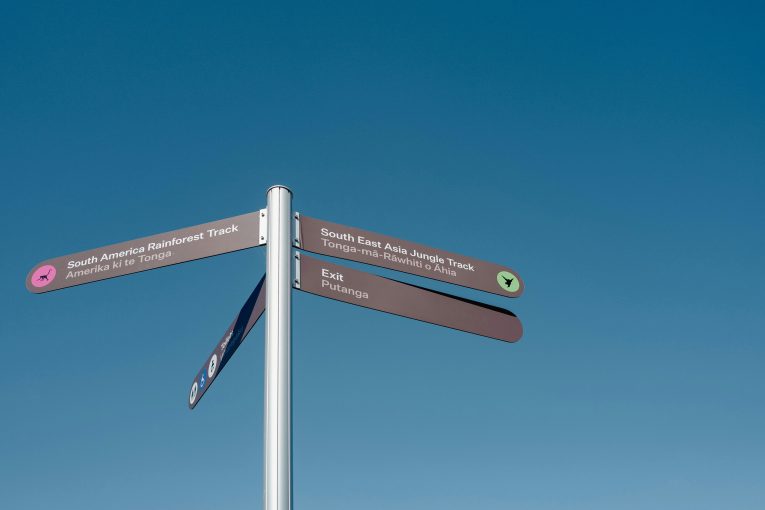
SDGs 4: Quality Education
Interacting with others is an important aspect of human life, and language serves as the primary instrument enabling communication. Language, whether in oral or written form, provides a platform for the exchange of information, eliciting responses, and facilitating the transfer of knowledge. Even in nonverbal communication, sign language plays a crucial role. The diversity of languages in various regions reflects the complexity of human interactions. Therefore, mastering multiple languages brings numerous benefits that should not be overlooked.
First and foremost, language diversity provides broader access to information. By mastering various languages, an individual can explore and understand various content that may not be accessible with just one language. Consequently, multilingual skills open the door to deeper and diverse knowledge.
Secondly, the languages one masters also influence their social environment. Each language is often closely associated with a specific community. By mastering the languages used in that environment, an individual can more easily engage in social interactions, build closer relationships, and understand the nuances of the local culture. For example, by mastering a regional language, one can become closer to the local community and foster better emotional connections.
Thirdly, another advantage of mastering multiple languages is increased access to knowledge. With proficiency in numerous languages, an individual can access literature, research, and educational resources in various languages. This opens the door to broader and more profound insights, allowing for a richer intellectual development.
In conclusion, mastering multiple languages not only enhances communication skills but also opens up extensive opportunities in terms of knowledge, social interaction, and cross-cultural understanding. Therefore, investing in learning various languages will yield significant benefits in one’s life journey. At the Language Center of the Faculty of Cultural Sciences, Universitas Gadjah Mada (UGM), various foreign language courses are available for enrollment in each period. Currently, the Language Center of the Faculty of Cultural Sciences, UGM is accepting registrations for foreign language courses for the March to April 2024 period, with the registration closing at the end of February 2024. So, what are you waiting for? Register yourself now for broader relations and insights!

